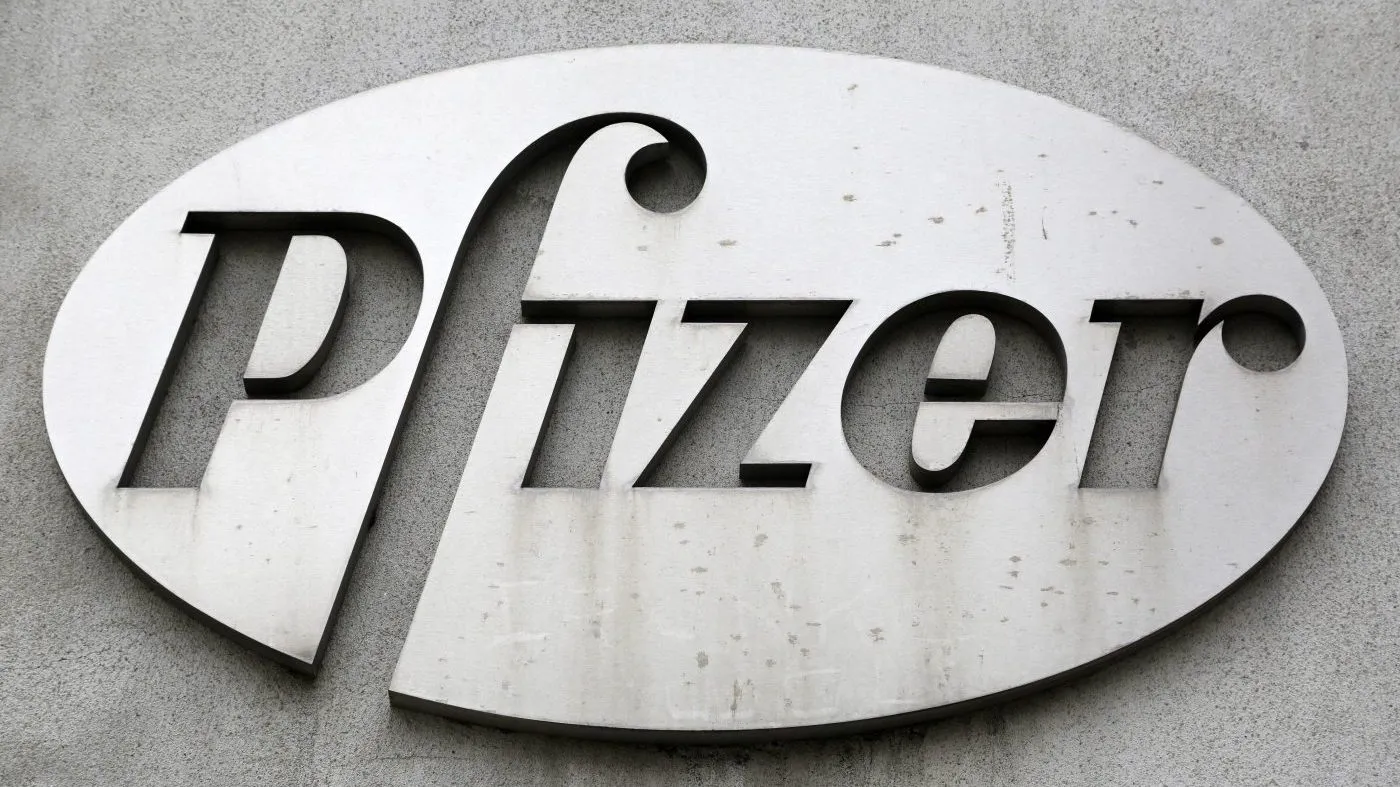Pfizer announced on Monday its decision to discontinue the development of its experimental obesity and diabetes pill, lotiglipron, citing increased liver enzymes observed in patients during midstage clinical studies when taken once daily.
The increased liver enzymes, indicative of potential liver cell damage, prompted Pfizer’s move, although the company emphasized that no patients experienced liver-related symptoms or side effects. Following this announcement, Pfizer’s shares closed 3.6% lower on Monday.
Instead of lotiglipron, Pfizer will now focus on advancing its other oral obesity drug, danuglipron, which is currently undergoing a fully enrolled phase two clinical trial.
Recent results released by Pfizer indicated that high-dose versions of danuglipron taken twice daily for 16 weeks resulted in reduced body weight among patients with Type 2 diabetes.
Pfizer intends to finalize plans for a phase three clinical trial program for danuglipron by the end of 2023. Additionally, the company is developing a once-daily version of danuglipron alongside its ongoing research efforts.
“We look forward to analyzing the danuglipron Phase 2 results and selecting the dose and titration schedule that will maximize the therapeutic benefit and safety and tolerability,” stated William Sessa, Pfizer’s chief scientific officer of internal medicine, in a press release.
Albert Bourla, Pfizer’s CEO, has expressed optimism about the potential of an obesity pill, estimating it could generate up to $10 billion annually for the company.

Lotiglipron and danuglipron belong to the class of drugs known as glucagon-like peptide-1 (GLP-1) agonists, similar to Novo Nordisk’s blockbuster weight loss injections Ozempic and Wegovy.
These drugs mimic the gut hormone GLP-1, which signals satiety to the brain and aids in insulin release, thereby managing blood sugar levels in individuals with Type 2 diabetes.
The emergence of oral drugs like danuglipron represents a potential advantage over frequent injections, drawing interest in the weight loss industry.
However, questions remain about the accessibility of these drugs and the duration required for sustained weight loss maintenance.
While Pfizer competes in this space with danuglipron, other pharmaceutical giants like Novo Nordisk and Eli Lilly are also developing their own experimental obesity and diabetes pills.
Analysts, including Wells Fargo’s Mohit Bansal, noted that Pfizer may face challenges in the competitive world against Eli Lilly’s experimental pill, orforglipron.
Clinical trial data showed that patients taking orforglipron once daily lost 14.7% of their body weight after 36 weeks, prompting physicians to favor its convenience, tolerability, and substantial weight loss outcomes.
“Based on convenience, tolerability, and weight loss magnitude, orforglipron is likely the bar to beat,” Bansal concluded in a research note, highlighting the competitive dynamics in the oral weight loss drug market.
